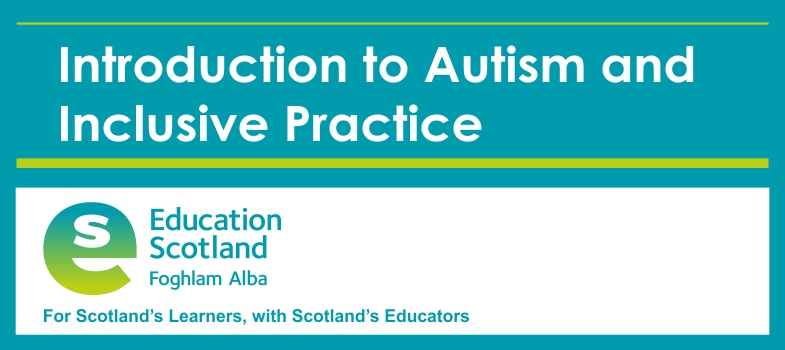6.4 Relationships
Throughout our lives we are involved in and develop many different relationships with the multitude of people with whom we are in contact. Some of these will be fleeting and superficial, others may grow into lasting friendships or loving relationships.
The benefits of friendships are many: from having someone to share interests and spend time with to the increased independence, self-confidence and self-esteem a social life provides. It is important to acknowledge that individuals have different levels of motivation to have friendships with peers, and there are many ways a friendship can operate. It is helpful to understand each individual’s perspective on friends and peer relationships and to acknowledge that this may change over time. Autistic children and young people may or may not have strong peer relationships at school and this may or may not be a concern.
Some individuals find friends with shared interests outside of school and benefit from opportunities to engage in preferred activities with others who like the same thing.
Making and maintaining friendships can, however, be difficult for autistic learners due to the nature of the differences they experience relating to social interaction and communication. When supporting children and young people with a current interest in forming and maintaining peer friendships in school, Social Thinking resources may be of interest.
There is, fortunately, a range of supports that can help both autistic learners and families.
6.3 Play, leisure and autism
